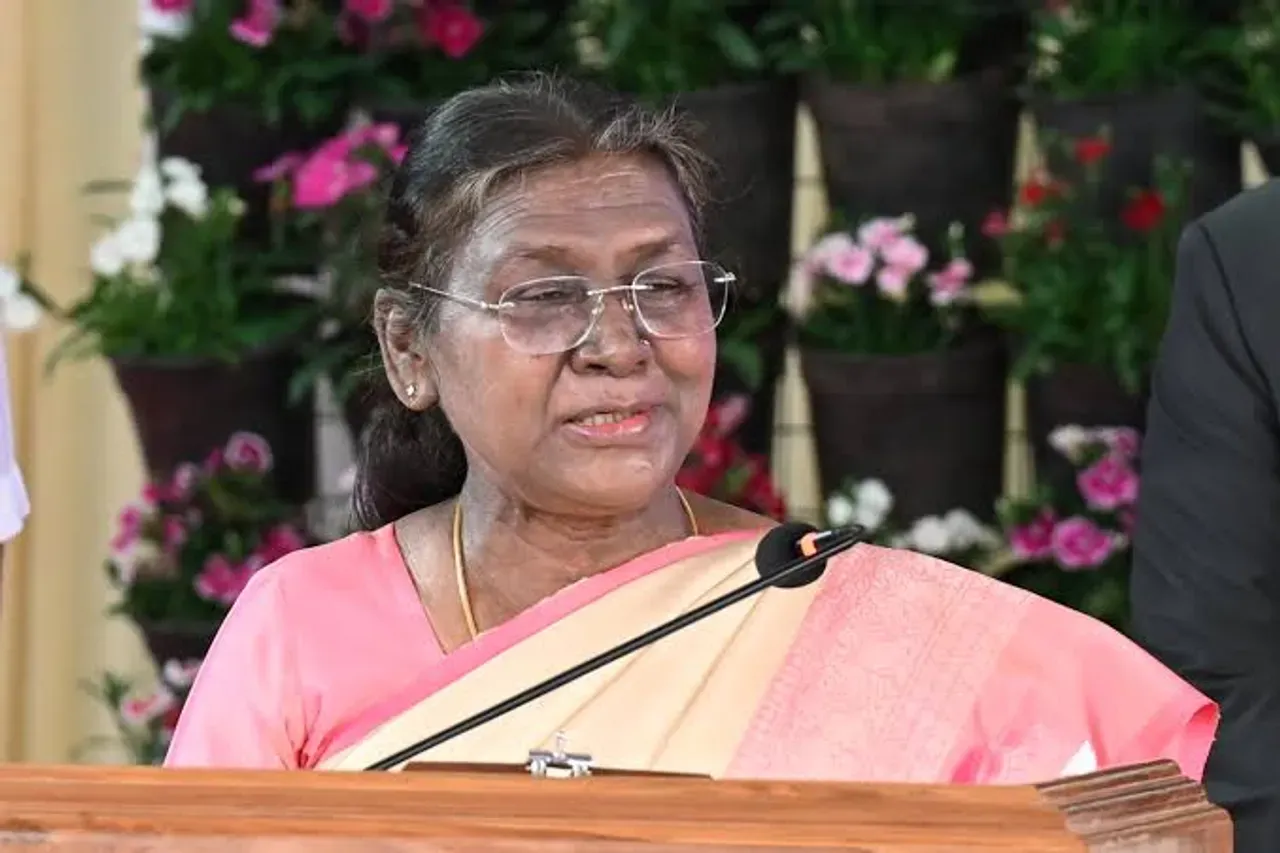“`markdown
Empowering Women: Celebrating National Women’s Day 2025 with Action and Inspiration
March 8, 2025, marks a significant day as communities around the globe come together to celebrate National Women’s Day, an integral part of International Women’s Day (IWD). This year’s theme, “Accelerate Action,” underscores the urgent need for advancements in gender equality and the empowerment of women and girls worldwide. As we reflect on the historical struggles and achievements of women, this day serves as a reminder of the work still needed to achieve true equality.
The roots of International Women’s Day date back to the early 20th century, emerging from labor movements and advocating for women’s rights. The first observance of National Woman’s Day took place on February 28, 1909, in New York City, where women marched for better working conditions and voting rights. Over the years, this movement has grown into a global celebration, officially recognized by the United Nations in 1975.
In 2025, the theme “Accelerate Action” calls for collective action and shared ownership in driving gender parity. It emphasizes that while progress has been made, the pace is alarmingly slow. According to the World Economic Forum, full gender parity may not be achieved until 2158 if current trends continue. This stark reality highlights the need for swift, decisive measures to dismantle systemic barriers and biases that hinder women’s advancement.
UN Women has been at the forefront of advocating for equal rights and opportunities for women and girls. Their call to action encourages individuals, communities, and organizations to implement effective strategies that promote women’s empowerment. As we celebrate the achievements of women in various fields—politics, science, arts, and social activism—we also recognize the ongoing challenges they face.
“There is no limit to what we, as women, can accomplish,” said Michelle Obama, a powerful reminder of the strength and resilience of women. Quotes like these inspire us to continue pushing for change and to uplift one another in our journeys.
Communities across the globe are organizing local and national events, workshops, and campaigns to celebrate National Women’s Day. These initiatives aim to raise awareness about gender inequalities and promote equal rights. From panel discussions to educational programs, the focus is on creating a supportive environment for women and girls.
In today’s digital age, social media plays a crucial role in amplifying voices and spreading awareness. Readers are encouraged to participate in campaigns using hashtags related to International Women’s Day, helping to create a global conversation around gender equality. Engaging with these campaigns not only raises awareness but also fosters a sense of community and shared purpose.
Despite the progress made, women continue to face significant challenges. The impact of COVID-19 has disproportionately affected women, exacerbating issues such as job loss, increased caregiving responsibilities, and mental health challenges. The pandemic serves as a stark reminder of the vulnerabilities many women face, highlighting the need for continued advocacy and action to ensure they are not left behind.
Legislative changes aimed at improving women’s rights have gained momentum in recent years. Policies addressing pay equity, reproductive rights, and protections against gender-based violence are crucial steps toward achieving gender equality. However, the implementation of these policies must be closely monitored to ensure they effectively address the needs of women.
Grassroots movements and organizations are making significant strides in advocating for women’s rights at the community level. These initiatives often focus on empowering marginalized communities and addressing intersectionality—the understanding that women’s experiences are shaped by various factors, including race, class, and sexual orientation.
Education is another vital area for empowerment. Programs aimed at increasing girls’ access to education, particularly in STEM fields, are essential for fostering the next generation of female leaders. By empowering young women through education, we can create a more equitable future.
Economic empowerment initiatives that support women entrepreneurs and promote equal opportunities in the workforce are also crucial. As women continue to break barriers in various industries, it is essential to provide them with the resources and support needed to succeed.
Health and well-being are fundamental components of gender equality. Access to healthcare, reproductive rights, and mental health support must be prioritized to ensure women can lead healthy, fulfilling lives. Addressing these issues is not only a matter of rights but also a matter of social justice.
Globally, the celebration of International Women’s Day varies widely, reflecting cultural traditions and social priorities. From Italy, where yellow mimosa flowers symbolize strength, to Russia, where women receive flowers and chocolates, each country brings its unique flair to the occasion. Despite these differences, the core message remains the same: advocating for women’s rights and celebrating their achievements.
Engaging men and boys in the conversation about gender equality is also vital. By fostering allyship, we can create a more inclusive movement that benefits everyone. Men can play a crucial role in challenging discriminatory norms and supporting women’s rights.
As we conclude this celebration of National Women’s Day 2025, it is essential to recognize the work that lies ahead. The call to action is clear: we must continue






Leave a Comment